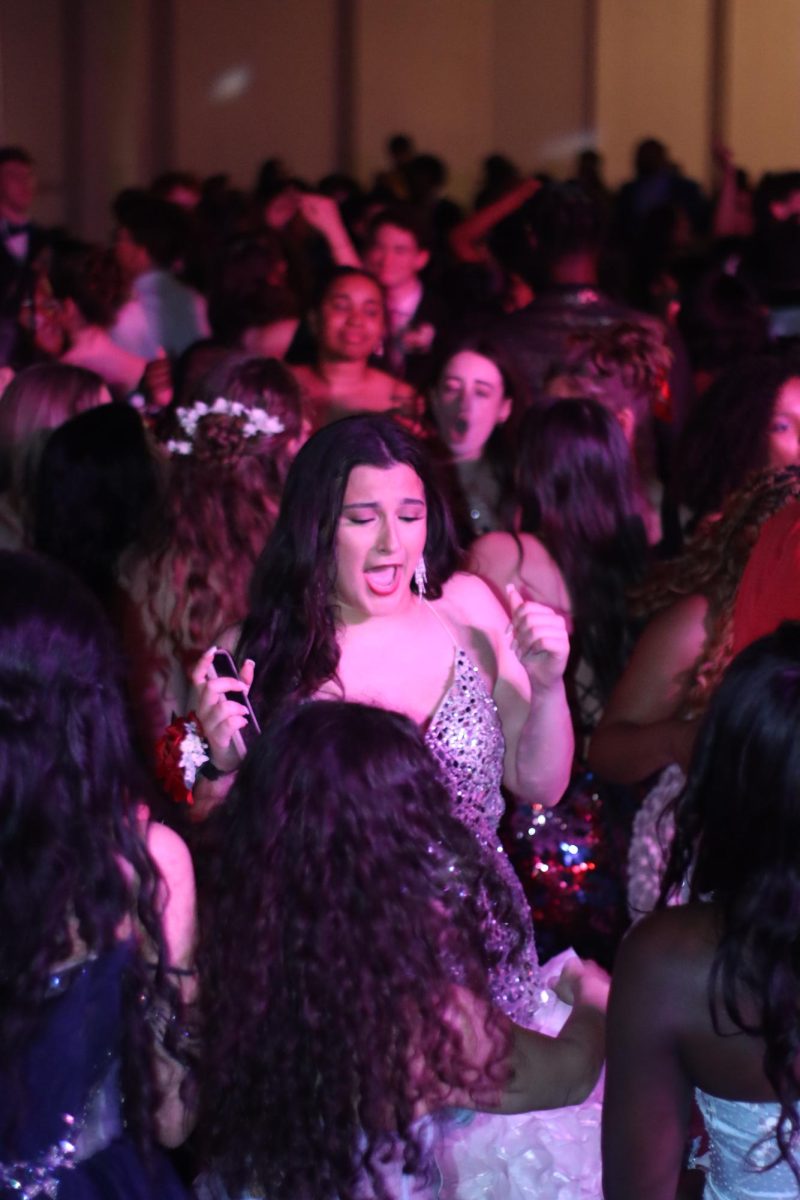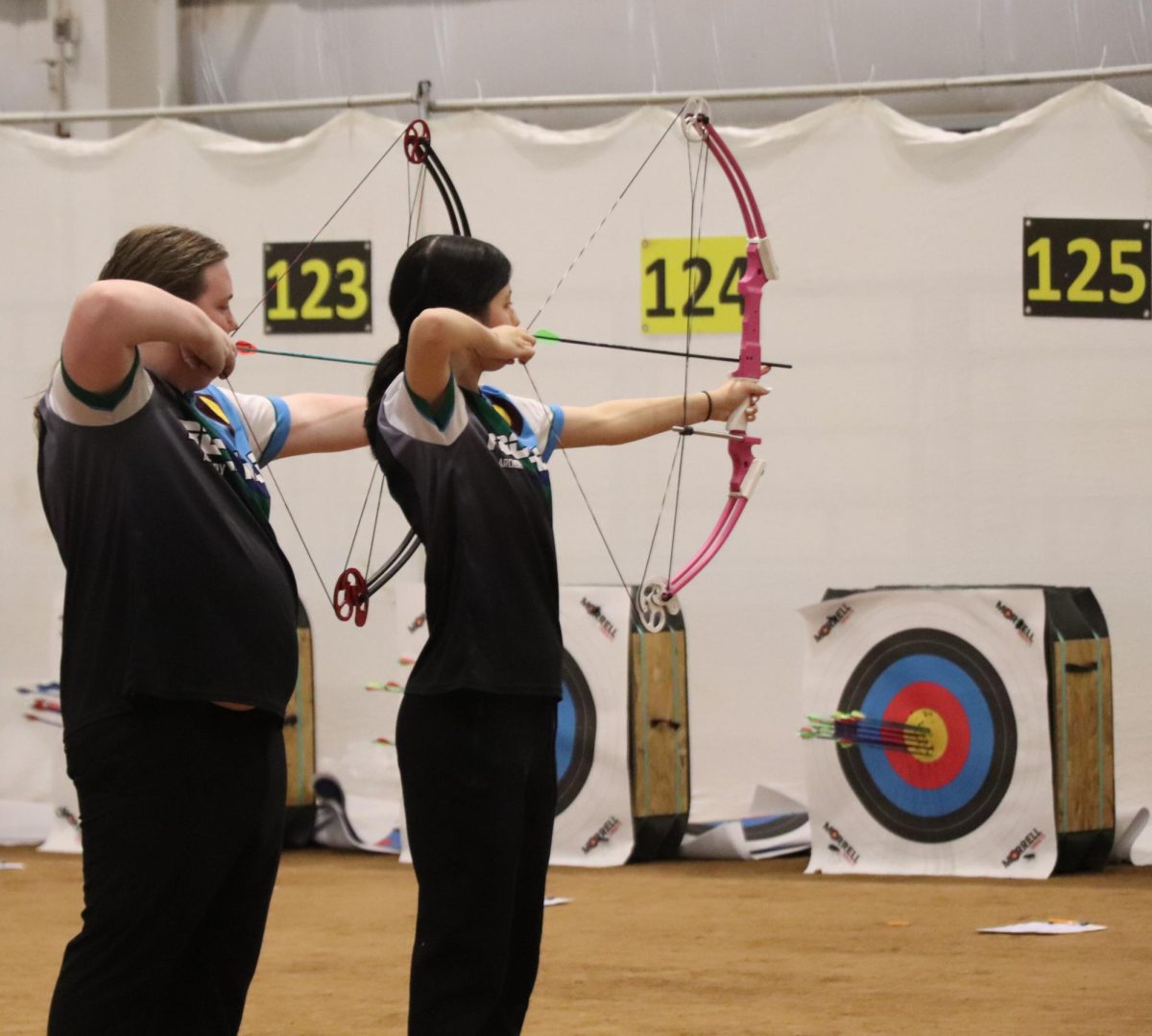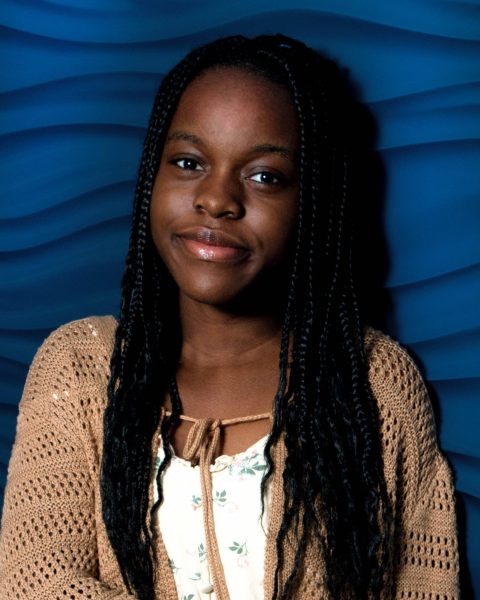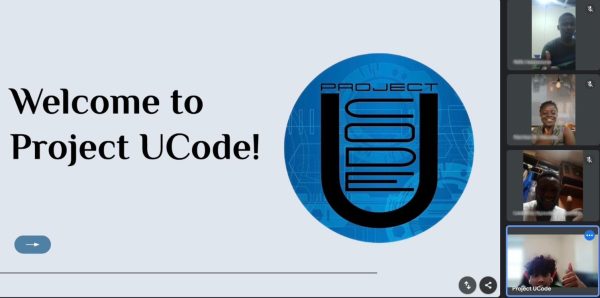
In a world increasingly driven by technology, two Prosper High School seniors set out to bridge the gap. In 2023, Akhil Kotturi and Puranjay Prashanth launched Project UCode, a nonprofit dedicated to empowering students through coding education.
“We were inspired to start Project UCode since there were a lot of other platforms around us teaching STEM or computer science concepts, but there weren’t [many] live education opportunities,” Kotturi said. “So we decided to fill that gap and provide students not only with a platform to learn and teach computer science concepts online but also learn them and access that education live.”
The organization started with a district chapter and expanded across the U.S. in states such as Illinois, California, and Georgia. This year, their focus shifted to international expansion, beginning with India.
“We already knew some people in India since most of our officer team is from India—at least their parents are from India,” Kotturi said. “So we were able to connect with some more people quickly and were able to expand their first.”
Project UCode then turned its attention to Africa, launching Project UCode Africa in mid-2024, starting with Nigeria.
“We started off a little slow and then we started to move things up a bit and expand our chapter outward,” Kotturi said. “We have chapters in countries such as Nigeria, Ghana, Liberia, Kenya, Cameroon, and so on. We’re also trying to develop chapters in some other countries in Africa such as Egypt, Ethiopia, Senegal and some other countries as well.”
Expanding internationally aligns with Project UCode’s mission of addressing educational disparities worldwide.
“Not only are students in the U.S. in need of a computer science education but there are students outside of the U.S. in even more of a need for that education,” Kotturi said. “So, we wanted to focus on those countries outside of the U.S. that would need our support.”
For instance, the Tanzanian chapter highlighted the pressing need for additional support in providing accessible education.
“We had some issues with internet and technological resources such as computers,” Kotturi said. “Computers were a little bit more scarce compared to here since they’re more expensive. We had trouble utilizing the same method of teaching that we normally do, which is just an online meeting of sorts including all the students that we are teaching.”
However, Kotturi took a proactive approach to addressing these challenges.
“We had to dive in and try to solve this problem by training local professionals and also creating a fundraiser for these chapters so that these students can get the resources that they need,” Kotturi said.
Building a global network
Project UCode manages its international chapters through a structured leadership hierarchy consisting of chapter leaders, continent-wide leaders, and national or international board members.
“We have someone in Africa dealing with all Project UCode Africa events, managing everything to ensure that all these chapters are running smoothly,” Kotturi said. “We have our national or international board members and officers who deal with everything going on throughout the globe, such as Shruti or even me.”
One of these international officers is Immanuel, Project UCode Africa’s international director, who is based in Ghana.
“What motivated me the most was the lack of resources and such platforms in Ghana,” Immanuel said. “In somewhere like the U. S., they have this specific coding program [that] some students can take part in during high school. But with Ghana, specifically, it’s not available in most schools.”
Immanuel first learned about Project UCode after watching Kotturi’s interview on the Professor Kev Show.
“I was fascinated by the project, but actually didn’t have any idea to lead something like this in the first place,” Immanuel said. “But Akhil reaching out to me actually made me consider that.”
However, establishing a chapter in Ghana was not without challenges, particularly in recruitment. After trying to recruit people from different places through calls, Immanuel decided to take a hands-on approach—he personally visited schools to engage students directly.
“I had to move from Accra to Kumasi to get some of my members from the school, and also I had to move to schools personally, to try to talk to some students and just get them to join the groups,” Immanuel said.
Kotturi’s recruitment approach involved reaching out to students on LinkedIn.
“He looked through their profiles to see who was interested in computer science or business,” senior and director of event operations Shruti Malasala said. “And so he pitched like a quick message to them and that’s how he kind of started that network. I think after that, it started growing through word-of-mouth marketing as people spread the word around to different countries.”
Closing the gap
Kotturi sees technology as a crucial factor in addressing educational disparities, especially in developing countries.
“Technology allows students to connect with people around the world,” Kotturi said. “They’re not just limited with the resources around them. They have teaching resources such as Project UCode around the world where people such as our team can help these students who are sometimes limited by a lack of education around them.”
Immanuel’s own journey into technology and coding began when he joined a robotics team in high school. While he recognizes the career opportunities in coding, his primary motivation for participating in Project UCode lies in providing essential digital literacy.
“Looking at me, I’m also someone who really didn’t have the background until I entered high school,” Immanuel said. “I didn’t know much about programming or coding technology. I just thought of someone who couldn’t get into a school like mine, someone who is just randomly walking around, who does not know anything about this. Just having that knowledge alone can help a lot.”
Bridging distances, broadening perspectives
Alongside computer science education, Kotturi envisions Project UCode as a platform for social networking among students.
“We are offering students a community to talk to people around them in other countries or in other continents so that they broaden their perspective of the world,” Kotturi said. “That’s very important since our worldview is what shapes our thoughts and that’s what I hope Project UCode expands in the minds of every single person within Project UCode and elsewhere.”
Through this broader exchange, members of Project UCode are developing bonds that go beyond educational interactions.
“They weren’t just focused on Project UCODE itself,” Malasala said of an international meeting. “They were focused on our personal lives too, so it really felt like we were really connected on that level.”
Kotturi also recalls a memorable moment from an international meeting, where a student shared their experience participating in a competition that took them all the way from Kenya to South Africa.
“This experience changed my perspective on how competitions work in Africa,” Kotturi said. “Here in the U.S., we have international competitions sometimes, but a lot of times national competitions are more common, so students are going to other states rather than other countries most of the time. But in Africa, it seems that there are more opportunities for international competition such as the one that we discussed. It was a very memorable moment of clarification regarding how things work and what our students were doing.”
This and Project UCode’s international expansion overall led Kotturi to gain a broader understanding of the experiences of students worldwide.
“I was limited to understanding how the public school system in the U.S. worked, which is not that broad,” Kotturi said.
Managing education across borders
This global perspective also shapes the way Project UCode approaches its curriculum. The curriculum team, including Malasala, plays a vital role in the organization’s success.
“I want to go into computer science for my future,” Malasala said. “So [I] would obviously have to know technical skills like coding, Java, HTML, Python. So I thought it would be a perfect way to practice those skills. And then obviously the end result would be that I would be able to impact young students.”
A significant aspect of Project UCode’s operations involves conducting workshops, usually on Google Meets, that cover programming concepts.
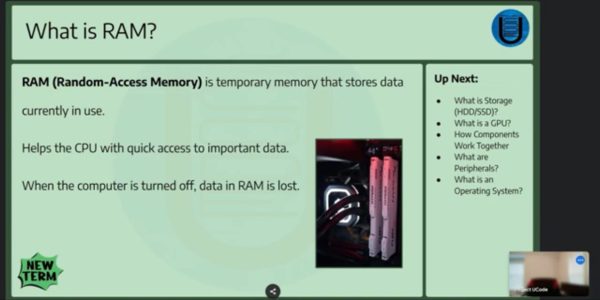
“We have chapter members in those different countries in Africa and leaders who are willing to teach,” Malasala said. “However, since the organization is still in its early stages, national board members are currently leading these workshops.”
Project UCode accommodates these workshops to the diverse needs of their students, understanding that each student has unique backgrounds and varying levels of knowledge.
“We have some students that are seven or eight and we have some students that are 18 or 20,” Kotturi said. “We separated our workshops into segments of age groups. So we had a workshop for ages eight to 13 and then we had one from 13 to 18, and 18 onward.”
In addition, Project UCode accommodates different time zones.
“Not every student fits within the same time zone,” Kotturi said. “We try to time events to be at a time where students can join comfortably. Also, we try to have multiple variations or multiple instances of the same event so that different students from different countries can join during their comfortable times.”
Project UCode utilizes WhatsApp as a communication tool due to its effectiveness for international communication and its community chat feature.
“We have one just for Project UCode in Africa, and then there [are] different chats, and it’s specific to each chapter,” Malasala said.
Forging the future
Currently, Project UCode is working on developing Java, Python, HTML/CSS and other coding language courses, and hopes to release them in the following months.
“Our curriculum is not super complex because we want to keep it as basic as we can,” Malasala said. It’s like planting a seed in students our age and even younger to be able to kind of explore the technology field for themselves.”
Many of the Project UCode officers will be attending college in the next two years, which Malasala believes will aid their international expansion.
“Through the information that we learn in college, it’ll be a lot easier for us to implement those lessons in terms of spreading our knowledge out to different countries,” Malasala said. “Maybe even exploring a lot more countries in Asia other than India, like going out to East Asia and then also Europe.”
Looking ahead, Immanuel is eager about potential collaborations with other leaders across the globe. But for now, he’s focused on getting new members.
“I just think maybe now we should just relax for [the most part] because I was even thinking of us holding a mega workshop where anyone around the world can actually come and experience [Project UCode],” Immanuel said. “But, since we are now moving, let’s just go bit by bit.”
While Project UCode’s future plans—including guest speaker events and hackathons—are exciting, the diverse multitude of perspectives the officers discovered through engaging with students from various countries is just as enriching.
“There are a lot of stereotypes, especially regarding countries such as India or Nigeria, concerning unethical pathways that students sometimes take,” Kotturi said. “But that’s not always the case. Through these experiences, I saw that many students are trying to push through these barriers and stereotypes to do something good in the world.”
More information about Project UCode can be found on their website (www.projectucode.org) and Instagram (@projectucode).

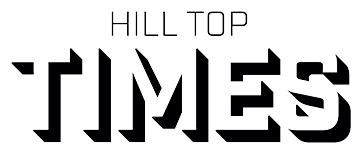
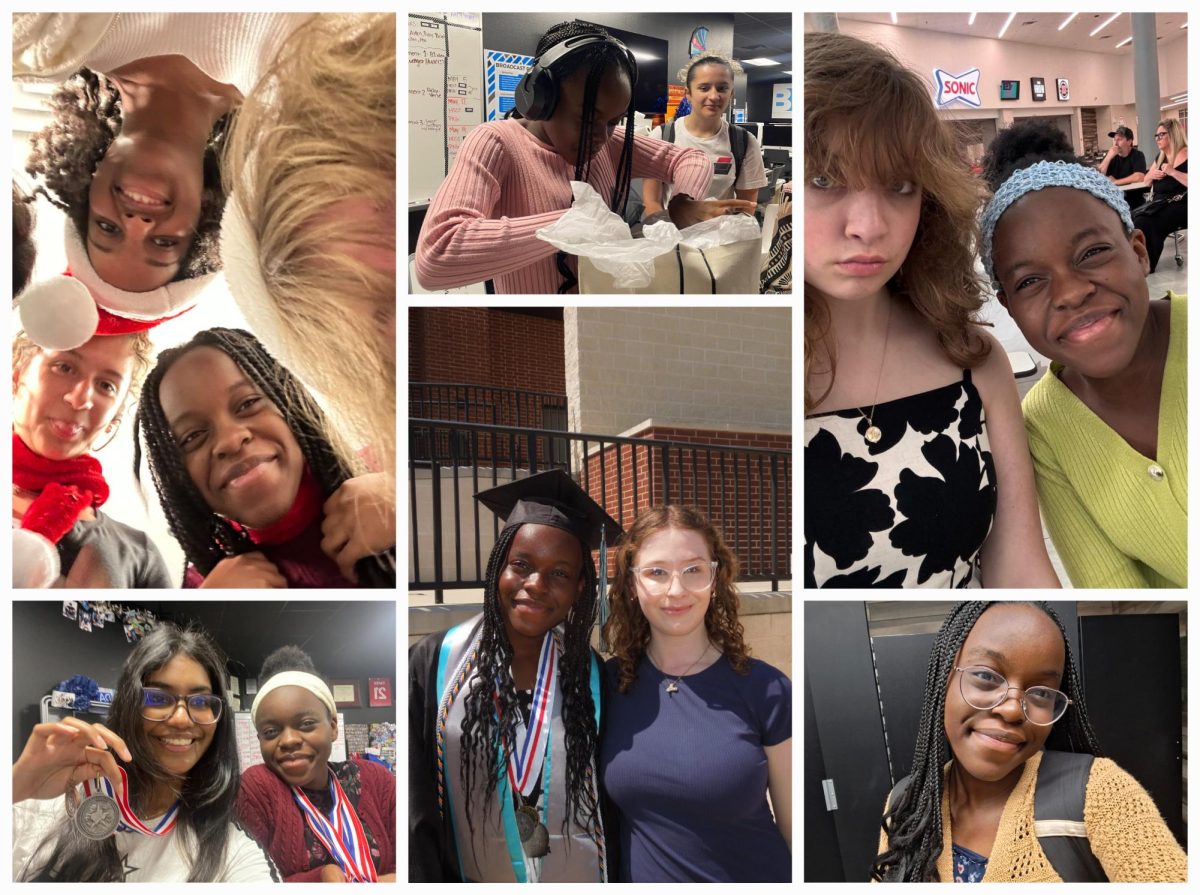
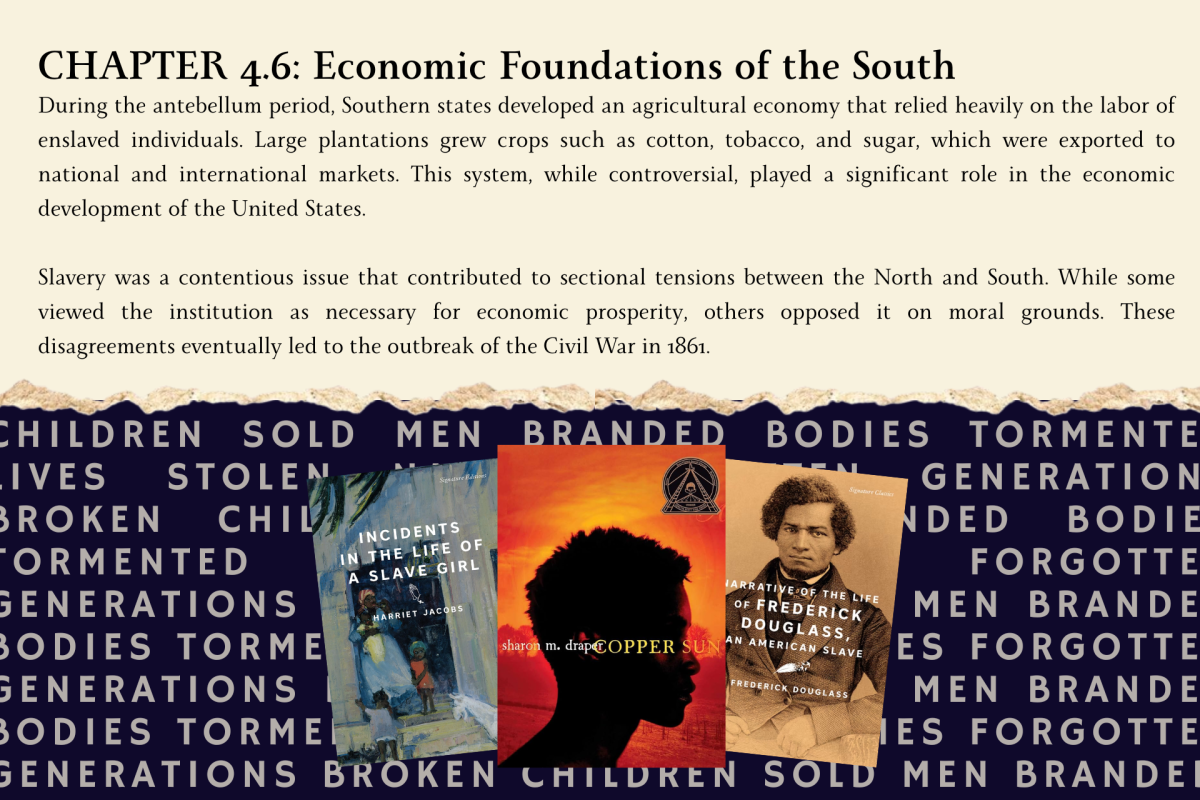

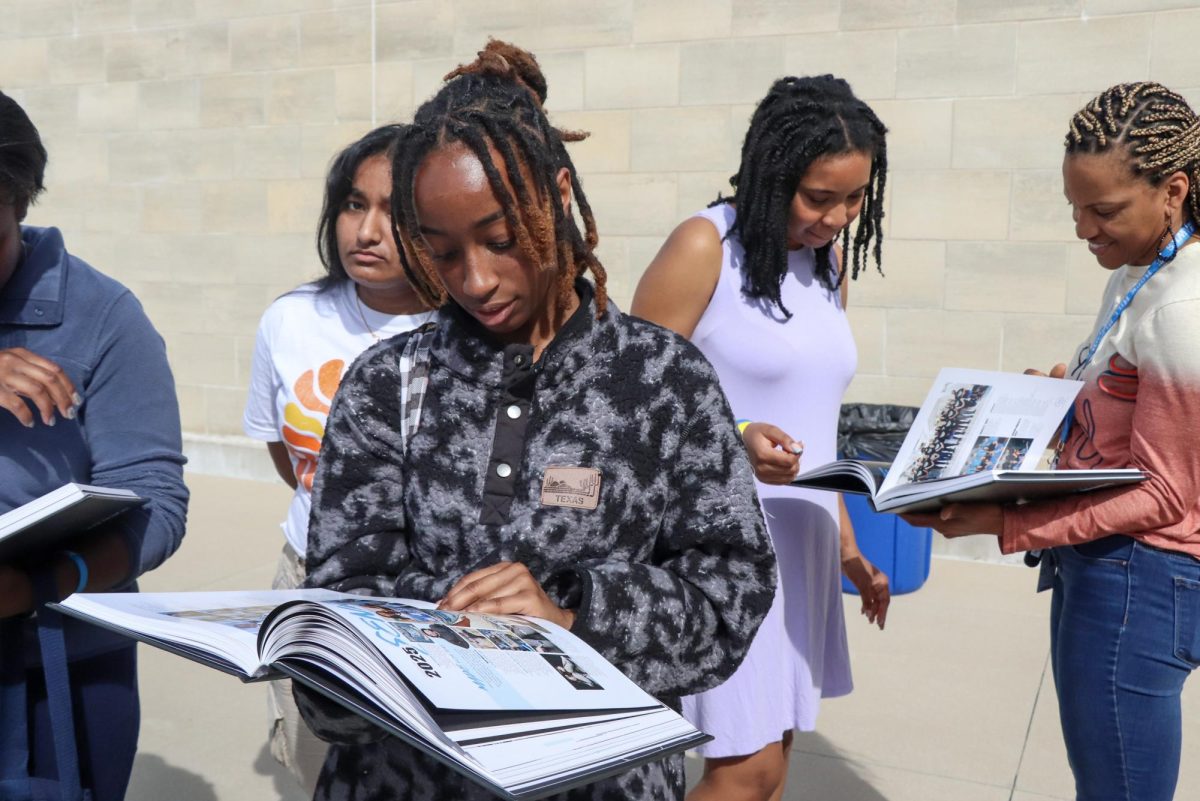
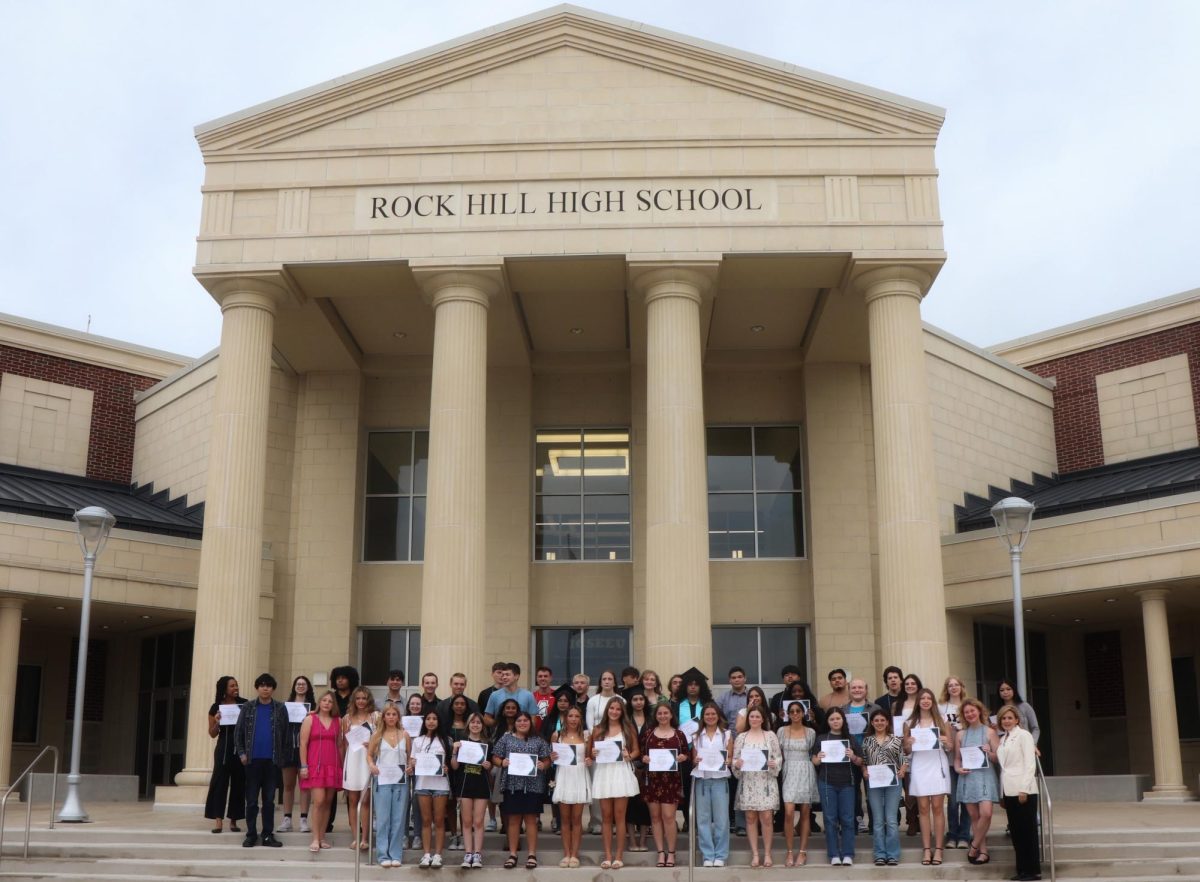
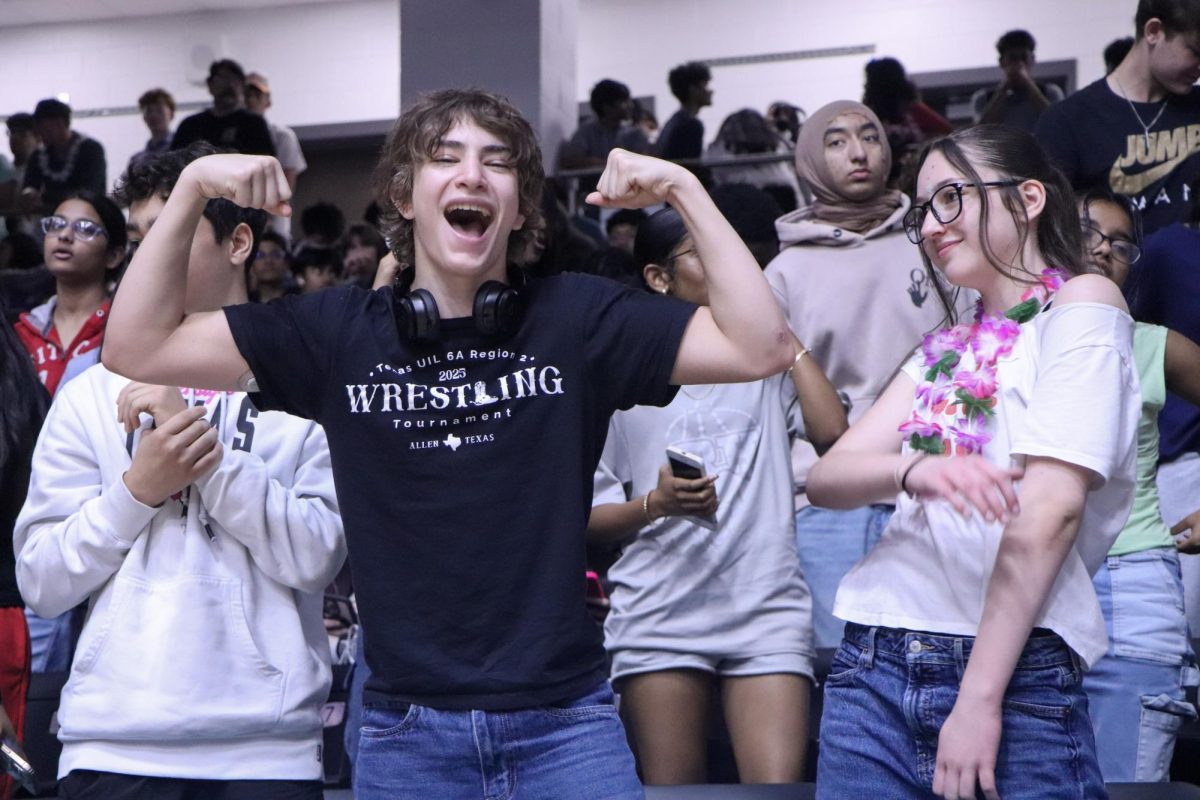

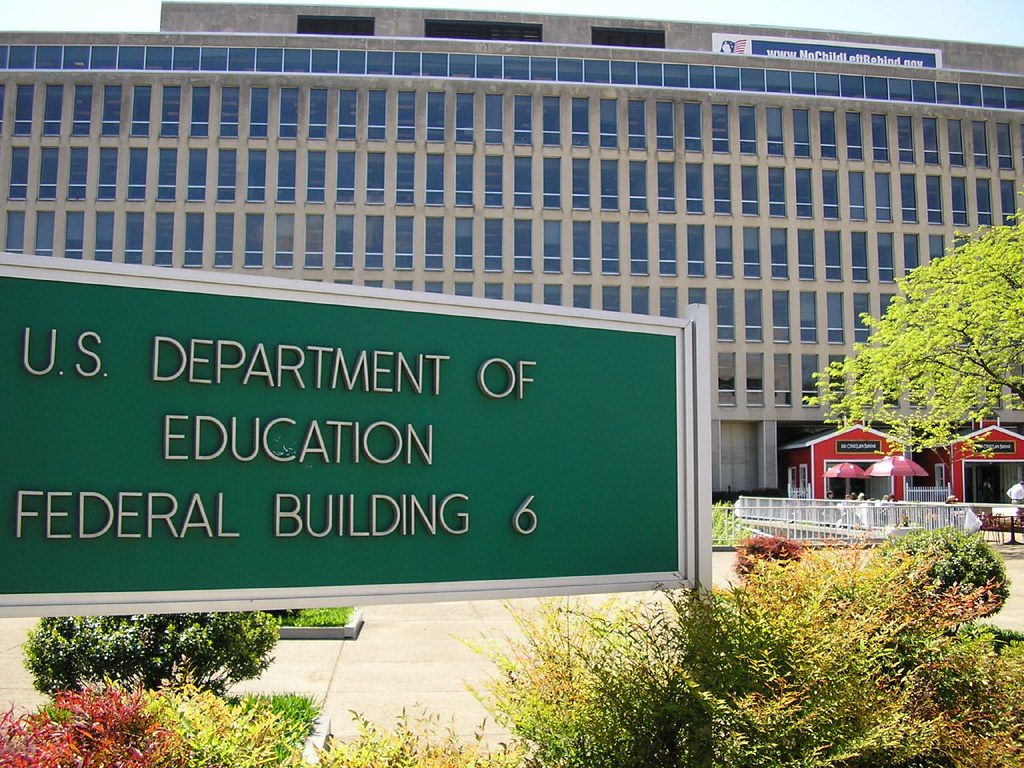

![A digitally constructed image shows money flowing out of a U.S. government building, representing the economic impact of the Trump administration’s new tariff policy. “[The tariffs are] supposed to basically pump up American businesses to where Americans go buy American products,” U.S. government teacher Adam Barclay said. “Then you have more manufacturing, you have more jobs, and that's how it's supposed to work.”](https://rockhillmedia.org/wp-content/uploads/2025/04/Impact-of-the-U.S.-Tariffs-1-1200x675.png)
